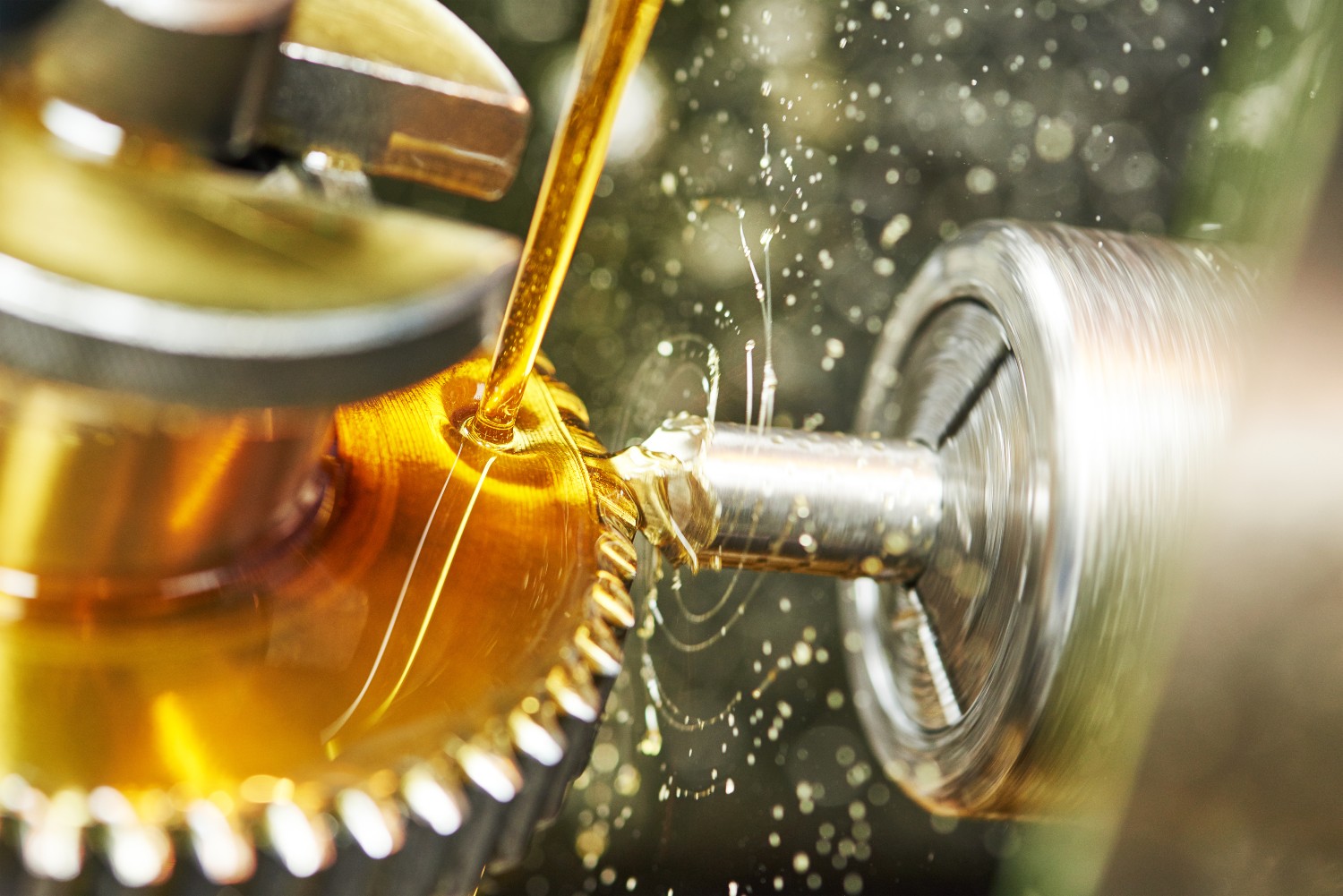Sustainable milling with Minimum Quantity Lubrication

The project “Sustainable milling with minimum quantity lubrication” addresses the topic of minimum quantity lubrication (MQL). Several major European companies indicated that about 16 % of total manufacturing expenses are related to cutting fluid. In this area, MQL could help to reduce the amount of lubricant used by up to 95 %. Thus, MQL can help to decrease the environmental impact, achieve a considerable cost reduction in the long term and provide better working conditions for machine operators. MQL also influences surface roughness, tool wear, cutting forces and other factors that affect the cost and energy consumption of machining processes.
The previous project “Design of a testbed for sustainable milling with minimum quantity lubrication” was funded by Vinnova FFI in its June 2020 call. It resulted in a detailed state-of-the-art study of MQL in milling and the development of a testbed design for MQL in milling. Even though MQL is well-implemented in hole-making processes, its implementation in milling processes is still very limited in the industry.
The project aims to aid implementation of MQL in milling in industrial processes. Furthermore, the state-of-the-art research revealed in a literature study promising economic and sustainability benefits of implementing MQL in milling processes. In connection with the designed testbed, this proposal aims to validate the previous findings with machining trials in the testbed and industrial testing at the partner production facility. This will help to create a basic benchmarking of MQL in milling. In this regard the project aims to answer the following research questions:
- What are the biggest challenges to implement MQL in milling in industrial applications?
- What are the most challenging parameters to control in milling of ISO K with MQL, such as surface roughness, tool wear, cutting forces, temperature, and chip evacuation?
- Which factors have the highest influence on the performance of the setup of MQL in milling?
- What are suitable combinations of factors for an optimal outcome of MQL in milling?
Projektledare
Maran Tirougnanassambandamourty, KTH
[email protected]
+4687907826
Vi som samverkar
→ KTH Royal institute of Technology
→ Swerim
→ Accu Svenka AB
→ Lonbond Sweden AB
→ Leax AB
→ Sandvik Coromant AB
→ Volvo AB

